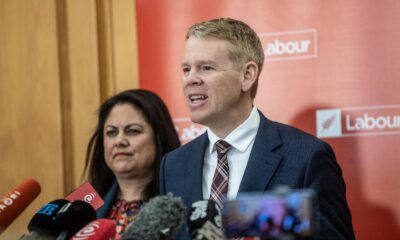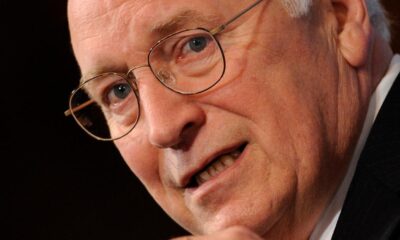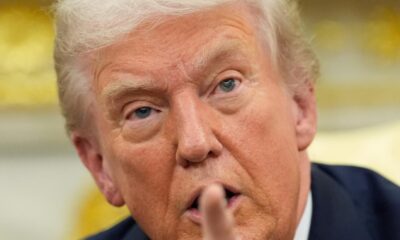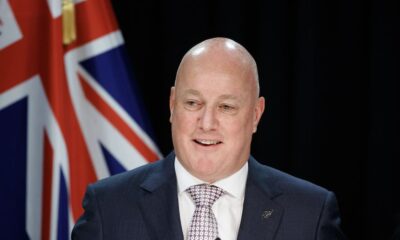Top Stories
Political Pressure on Media Raises Free Speech Concerns
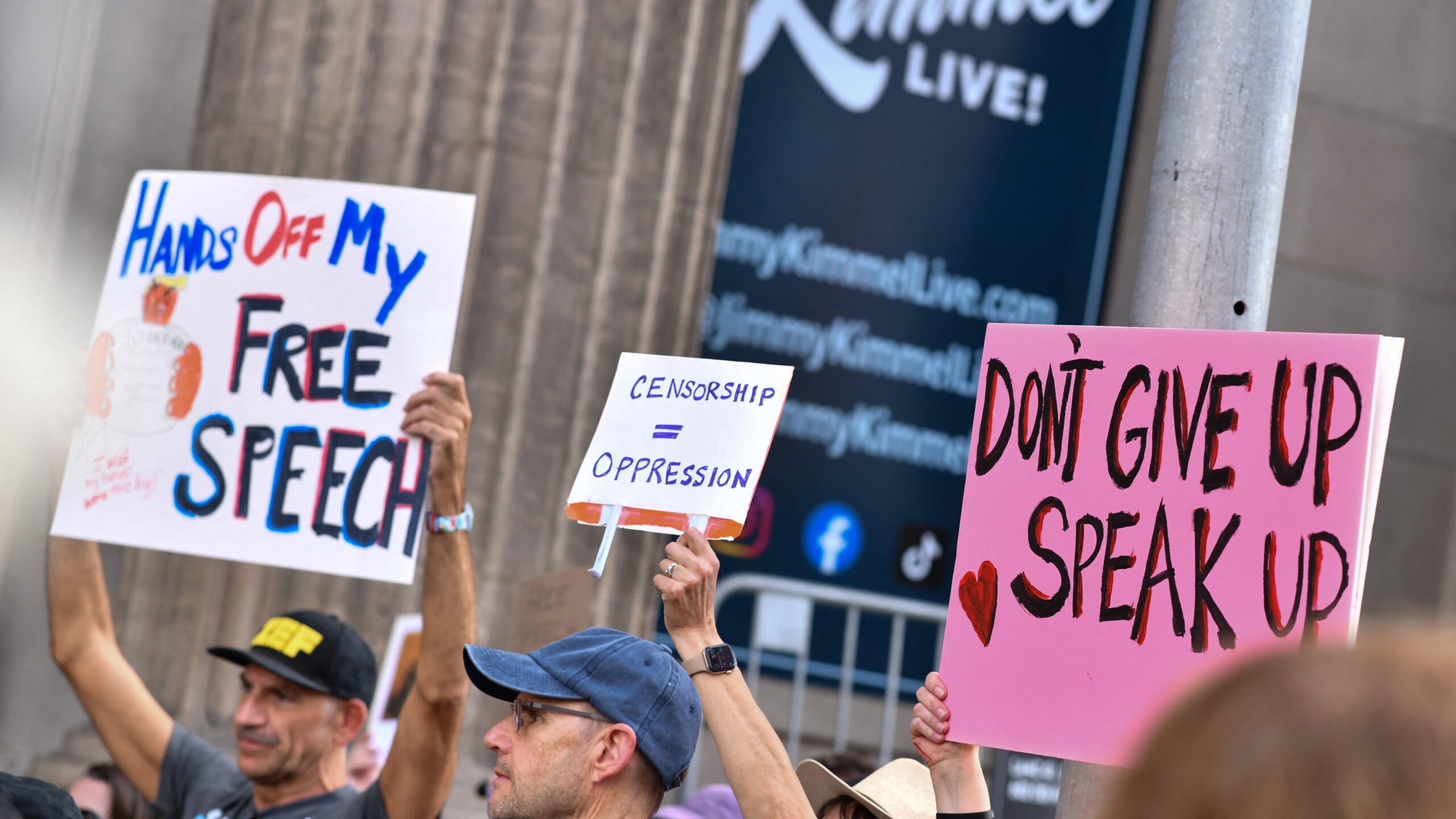
The recent suspension of late-night host Jimmy Kimmel has ignited a debate about the state of free speech in the United States. This action, prompted by reactions to Kimmel’s comments regarding political commentator Charlie Kirk, raises significant concerns about media freedom and the influence of government on public discourse.
During his tenure as a late-night host, Kimmel has navigated a landscape where his comedic commentary often intersects with political issues. His recent remarks, described as flippant by some, drew the ire of Federal Communications Commission (FCC) Chairman JD Vance, who threatened to revoke the broadcasting licenses of networks airing Kimmel’s show. Vance’s comments, stating, “We can do this the easy way or the hard way,” underscore the growing tension between media freedom and governmental pressure.
Vance had previously advocated for free speech at the Munich Security Conference, where he asserted that dismissing concerns and shutting down media is detrimental to democracy. This stark contrast in rhetoric highlights a troubling trend: the same government that professes to support free speech is now seen as attempting to control the narrative by silencing dissenting voices.
The reaction from major media companies has been notable. Networks like CBS and Paramount have previously capitulated to political pressure, notably when they faced backlash over the airing of segments critical of the administration. Just weeks after Vance’s remarks, Stephen Colbert, another prominent late-night host and critic of the President, was let go, raising questions about the impact of political affiliations on corporate decisions.
This pattern suggests a broader issue within the media landscape, where companies may prioritize self-interest over the principles of free expression. Instead of uniting against external pressures, major networks often act independently, seeking to protect their business interests. This strategy echoes the behavior of international leaders who, faced with U.S. tariffs, have often opted for appeasement rather than resistance.
The implications of this dynamic are profound. When media entities choose to acquiesce to political demands, they risk creating an environment where censorship becomes the norm. The notion that a sitting president could influence which comedians are allowed on television is alarming. The suggestion that networks critical of the administration should face license revocation poses a direct threat to the integrity of free speech.
As the situation develops, the question remains whether this approach will yield the desired results for media companies. History shows that capitulation often leads to further demands rather than resolution. By giving in to pressure, the media runs the risk of establishing a precedent where free speech is compromised for the sake of political expediency.
In conclusion, the recent developments surrounding Jimmy Kimmel and the response from the FCC highlight a critical juncture for free speech in the United States. As the boundaries between entertainment and politics blur, the need for a robust defense of media independence has never been more vital. The ongoing discourse serves as a reminder of the delicate balance between freedom of expression and political power.
-

 Sports2 months ago
Sports2 months agoNetball New Zealand Stands Down Dame Noeline Taurua for Series
-

 Entertainment2 months ago
Entertainment2 months agoTributes Pour In for Lachlan Rofe, Reality Star, Dead at 47
-

 Entertainment4 weeks ago
Entertainment4 weeks agoNew ‘Maverick’ Chaser Joins Beat the Chasers Season Finale
-

 Sports1 week ago
Sports1 week agoEli Katoa Rushed to Hospital After Sideline Incident During Match
-

 Sports2 months ago
Sports2 months agoSilver Ferns Legend Laura Langman Criticizes Team’s Attitude
-

 Politics1 month ago
Politics1 month agoNetball NZ Calls for Respect Amid Dame Taurua’s Standoff
-

 Entertainment2 months ago
Entertainment2 months agoKhloe Kardashian Embraces Innovative Stem Cell Therapy in Mexico
-

 Sports5 days ago
Sports5 days agoJamie Melham Triumphs Over Husband Ben in Melbourne Cup Victory
-

 World3 months ago
World3 months agoPolice Arrest Multiple Individuals During Funeral for Zain Taikato-Fox
-

 Sports3 months ago
Sports3 months agoGaël Monfils Set to Defend ASB Classic Title in January 2026
-

 Entertainment1 month ago
Entertainment1 month agoTyson Fury’s Daughter Venezuela Gets Engaged at Birthday Bash
-

 Sports1 month ago
Sports1 month agoHeather McMahan Steps Down as Ryder Cup Host After Controversy



